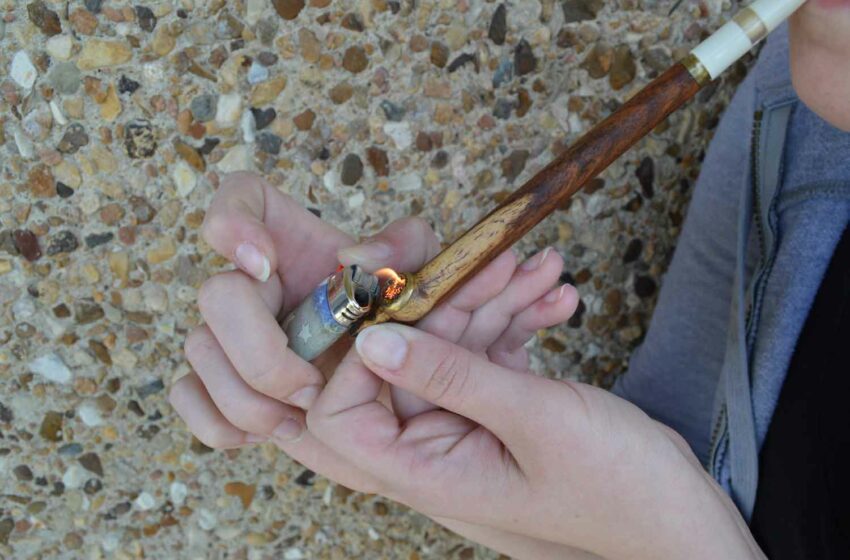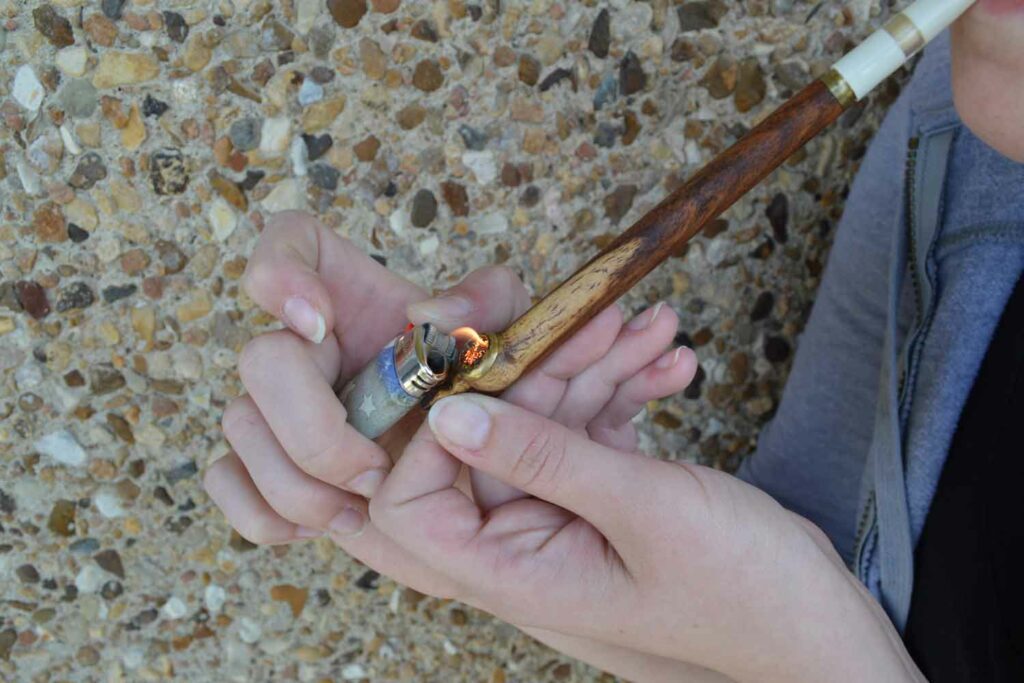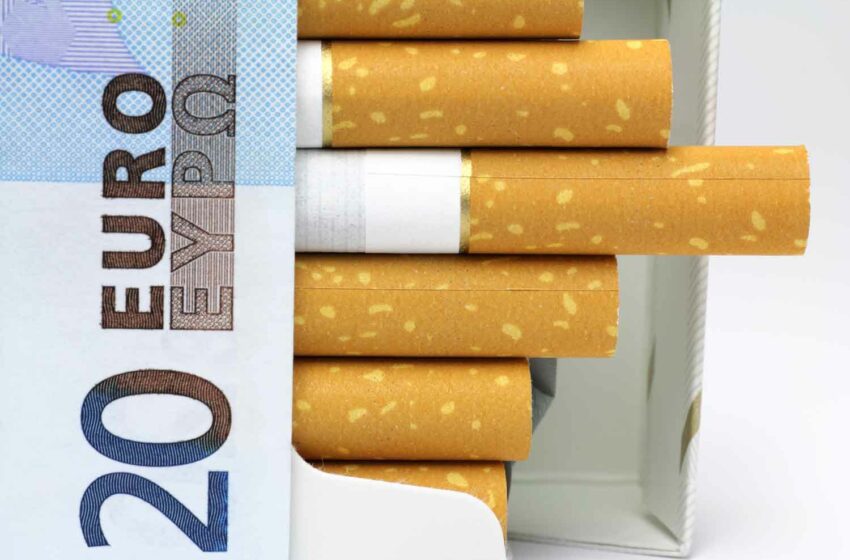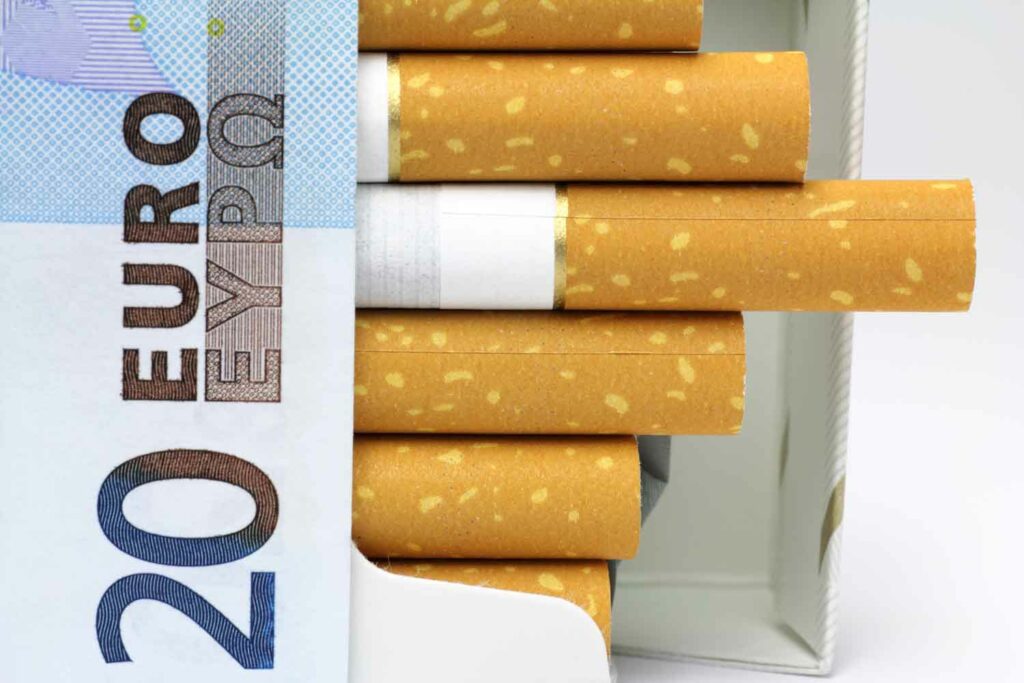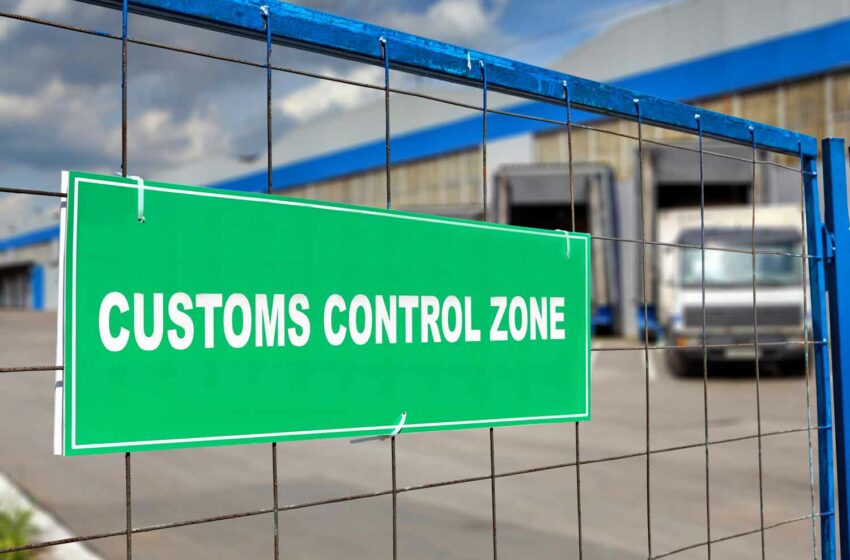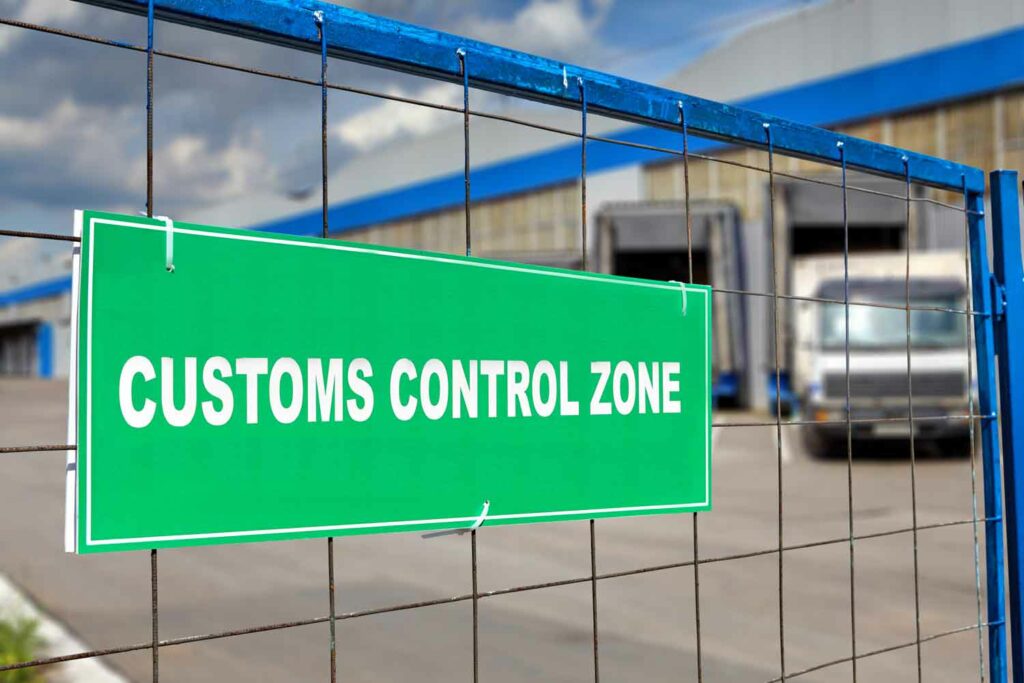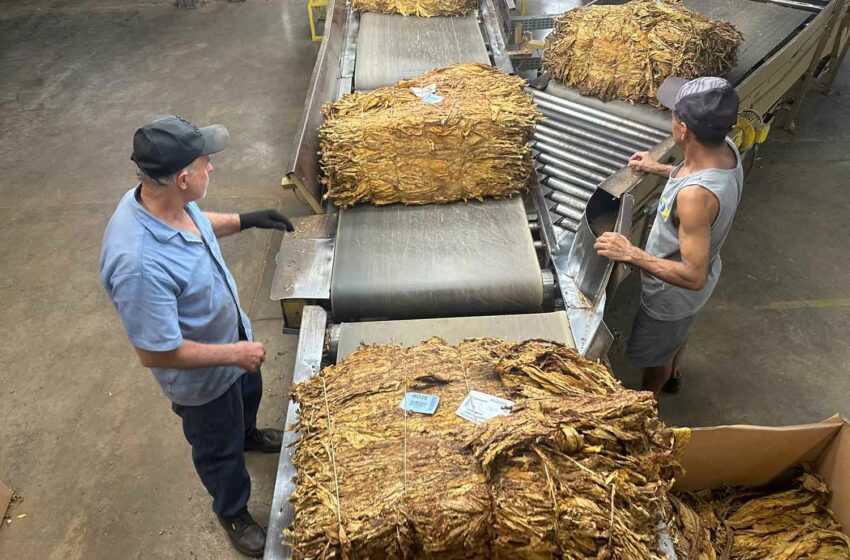
The Malaysian Vapers Alliance (MVA) is urging the ministry of health to reconsider the vape display ban introduced under the Control of Smoking Products for Public Health Act 2024 (Act 852), set to take effect on April 1, 2025.
According to the MVA, the display ban not only limits consumers’ right to make informed decisions but also places unnecessary restrictions on access to crucial product information.
“The display ban for vape creates significant obstacles for adult consumers seeking to make fact-based choices about the products they use. By preventing users from browsing or viewing product options at the point of sale, the ban directly impacts consumers’ ability to access key information and data about product quality, nicotine content and flavor profiles—all critical factors in making informed purchasing decisions,” said MVA President Khairil Azizi Khairuddin.
“Beyond the practical limitations, by forcing vape products out of sight, the ban sends a stigmatizing message, implying that vape is socially unacceptable. This could deter smokers from making the switch to vape, leaving them feeling ashamed for even considering a less harmful alternative to smoking. It is demoralizing for those who are genuinely seeking a way to quit smoking, and it further isolates them from the harm reduction support they need.”

Limiting access to accurate information via a vape product display ban not only hinders transparency but also leaves consumers in the dark.
Khairil Azizi Khairuddin, president, Malaysian Vapers Alliance
Banning product retail displays at retail outlets goes against basic consumer rights, the MVA believes.
“Informed choice is a cornerstone of consumer rights. Limiting access to accurate information via a vape product display ban not only hinders transparency but also leaves consumers in the dark, unable to get the information they need to make choices.”
To this end, the MVA urges the ministry of health to reconsider this element of Act 852 and remove the vape display ban.
“There are many adult vape users in Malaysia who have transitioned away from smoking. Our 2023 survey found 73.7 percent of vape users in Malaysia are former smokers. In fact, 80.1 percent of respondents had switched to vaping as a means to quit smoking. These statistics share a realistic view of the use case for vape. Restricting consumer access to product information counteracts harm reduction efforts, which seek to provide smokers with less harmful alternatives to traditional cigarettes.”
“We are calling on the MoH [ministry of health] to remove the vape display ban from Act 852 and ensure that consumer rights are protected. Transparency and informed decision-making are key to the success of harm reduction strategies in Malaysia,” Khairil concluded.


